Retro Replay Review
Gameplay
Machiavelli the Prince revives the classic trading simulation formula of Merchant Prince, blending economic depth with political intrigue. Players begin by selecting one of the most influential Venetian families, each offering unique starting advantages and reputations. From there, the core loop involves buying and selling goods across the Mediterranean, managing supply and demand, and optimizing trade routes to maximize profits and influence.
(HEY YOU!! We hope you enjoy! We try not to run ads. So basically, this is a very expensive hobby running this site. Please consider joining us for updates, forums, and more. Network w/ us to make some cash or friends while retro gaming, and you can win some free retro games for posting. Okay, carry on 👍)
What sets Machiavelli the Prince apart is its intricate political system inspired by Niccolò Machiavelli’s writings. Beyond mere commerce, you must navigate shifting alliances, secure papal favors, and engage in clandestine operations against rival houses. Missions range from financing crusades to orchestrating covert sabotage, forcing you to balance overt trade sensibilities with under-the-table maneuvering. This dual-layer gameplay ensures that no two campaigns play out the same way.
The game also introduces a robust city-building and estate management component. As your wealth grows, you invest in estates around Europe, develop local resources, and even influence city councils. These strategic outposts generate steady income and strategic footholds, but also become targets for espionage and political backstabbing. Continuous decision-making—whether to reinvest in your fleet, bribe officials, or fortify holdings—keeps the gameplay engaging for both veteran strategy fans and newcomers.
Graphics
Machiavelli the Prince retains the isometric view beloved by fans of the original Merchant Prince, but it’s been revitalized with high-definition textures and dynamic lighting. Venetian canals shimmer under the Italian sun, while ports bustle with animated ships unloading spices, silk, and timber. The level of environmental detail—from tiled roofs to rippling water—adds a vibrant sense of place that transports players directly into the 14th century.
Character portraits and event illustrations draw inspiration from Renaissance art, with hand-painted aesthetics that evoke period manuscripts. When engaging in diplomatic negotiations or reading correspondence from rivals, you’ll see richly detailed scrolls and wax seals that reinforce the historical atmosphere. Cinematic event scenes—such as a rival house’s warehouse fire or a papal envoy’s arrival—are presented with subtle animations and voiceover accents that heighten drama.
While the UI has been modernized for clarity and accessibility, it strikes a careful balance between providing information and maintaining immersion. Hover tooltips show detailed supply statistics, city council standings, and espionage reports, while still feeling rooted in the Renaissance theme. Performance is smooth on mid-range hardware, with minimal load times when transitioning between map screens and event windows.
Story
True to Niccolò Machiavelli’s seminal work, Machiavelli the Prince weaves moral dilemmas and philosophical considerations into its narrative. Your rise to power is punctuated by scripted events and emergent stories that challenge your ideals: Will you uphold civic virtue or resort to ruthless tactics? The game’s narrative framework encourages players to reflect on the fine line between prince and tyrant.
Major story beats are tied to historical milestones—such as the Black Death’s impact on trade, the rise of the Medici in Florence, and conflicts between the Papal States and the Holy Roman Empire. These chapters provide both context and dynamic modifiers to gameplay: a plague outbreak may cripple your workforce, while a schism within the Church could open lucrative but controversial opportunities for profit and influence.
In addition to author-driven events, the game features a living sandbox that produces emergent narratives. Betrayals, marriages of convenience, and clandestine alliances unfold organically as AI-driven families vie for dominance. This dual approach—structured chapters anchored in history and unscripted rival interactions—ensures a richly layered story that remains unpredictable and engaging throughout multiple playthroughs.
Overall Experience
Machiavelli the Prince strikes a rare balance between historical authenticity and accessible strategy gameplay. Longtime fans of trading simulations will appreciate the depth of the economic engine, while newcomers will find the UI and tutorial systems supportive yet unobtrusive. The political layer gives the game a unique edge, infusing each session with moral quandaries and diplomatic intrigue.
Replayability is one of the game’s strongest assets. With six playable families, randomized event decks, and dynamic AI personalities, every campaign feels fresh. You can pursue a path of benevolent patronage, amass clandestine wealth through smuggling, or orchestrate power plays that echo Machiavelli’s most infamous maxims. The branching strategies and shifting alliances reward both long-term planning and opportunistic gambits.
Whether you’re attracted by the vibrant depiction of Renaissance Venice, the challenge of mastering complex trade networks, or the intellectual allure of Machiavellian politics, Machiavelli the Prince delivers a deeply satisfying experience. It stands as a worthy successor to Merchant Prince, offering modern enhancements without losing the soul of the original classic.
 Retro Replay Retro Replay gaming reviews, news, emulation, geek stuff and more!
Retro Replay Retro Replay gaming reviews, news, emulation, geek stuff and more!
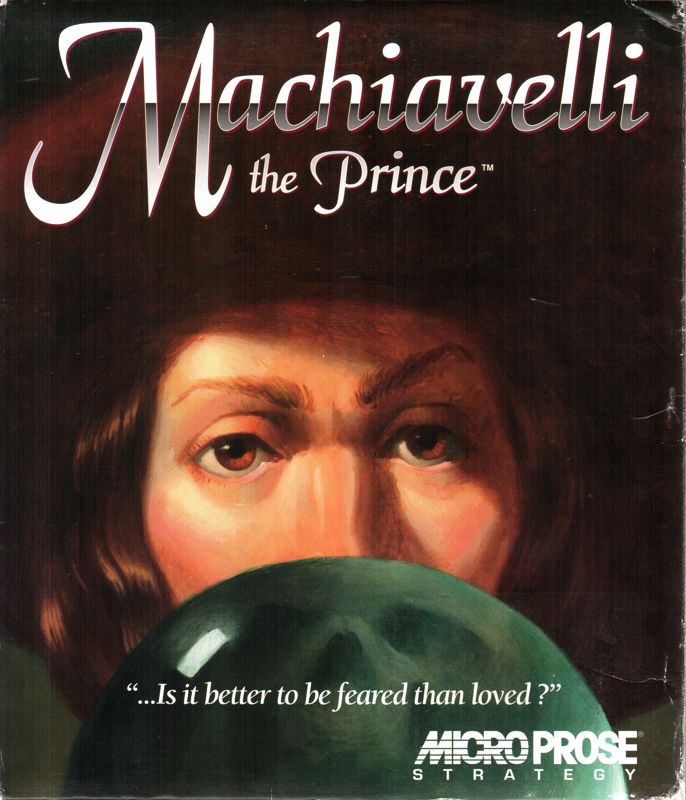
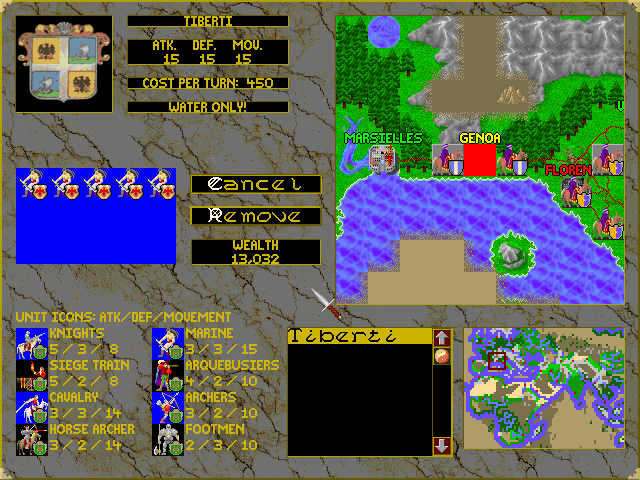
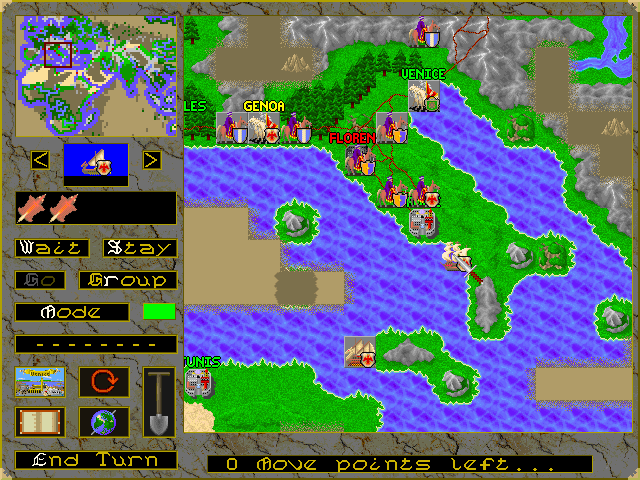


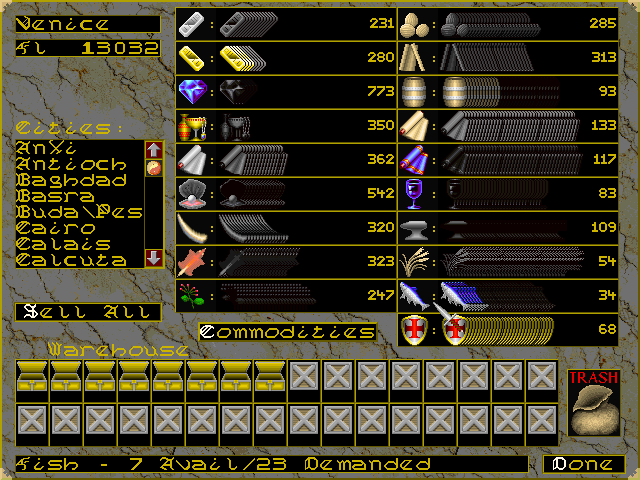


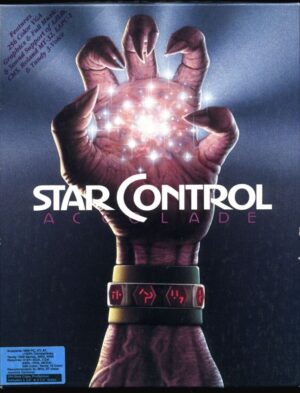
Reviews
There are no reviews yet.